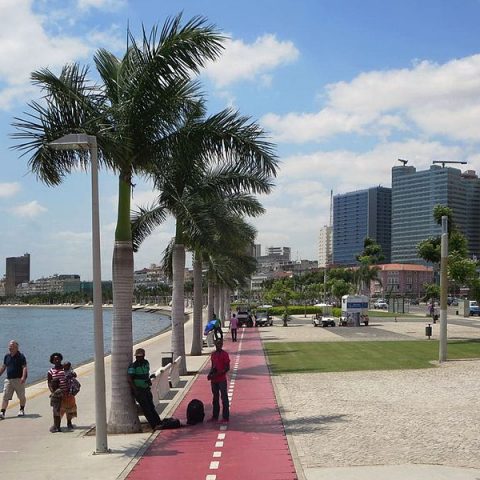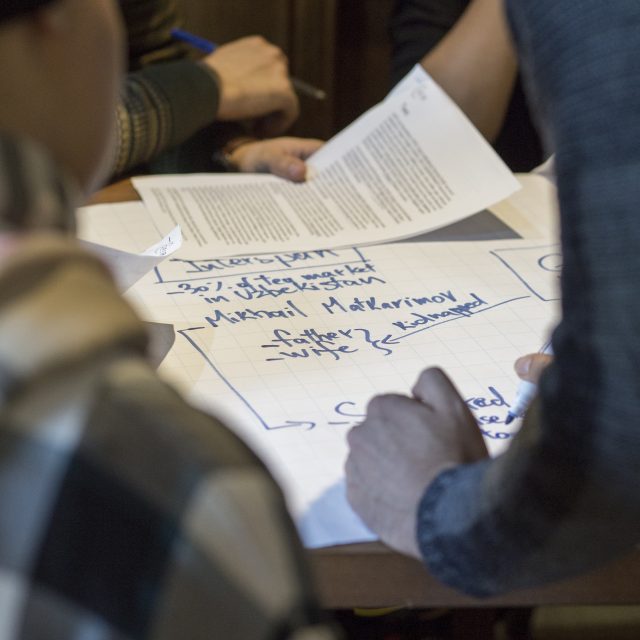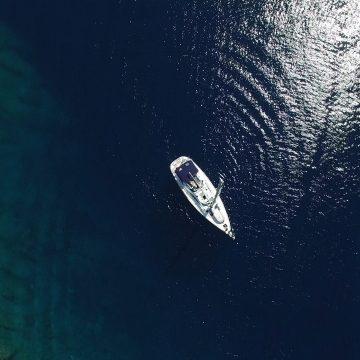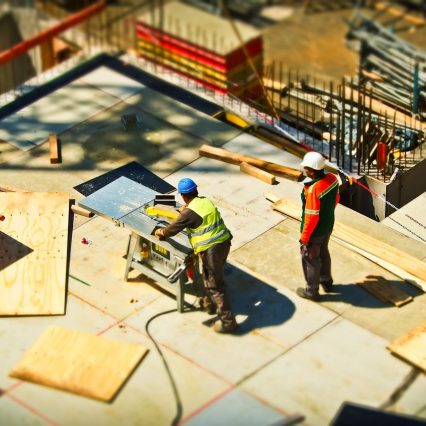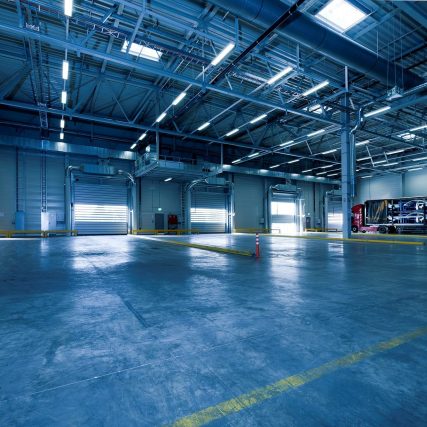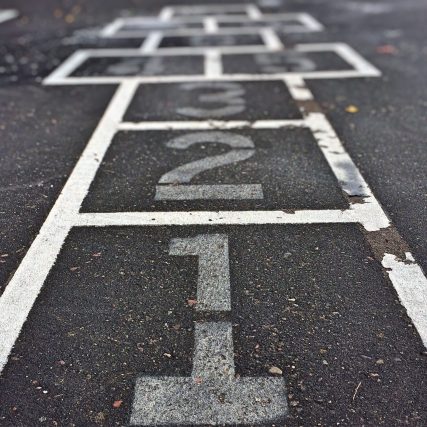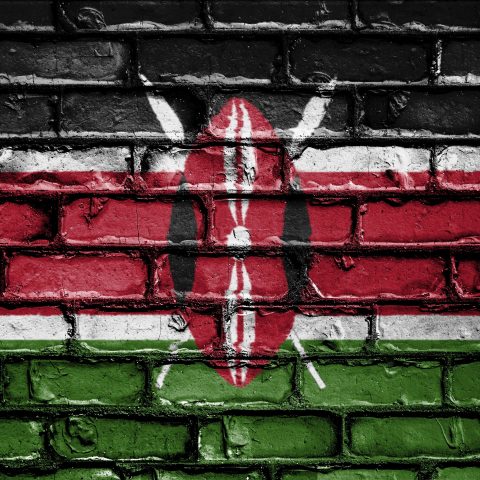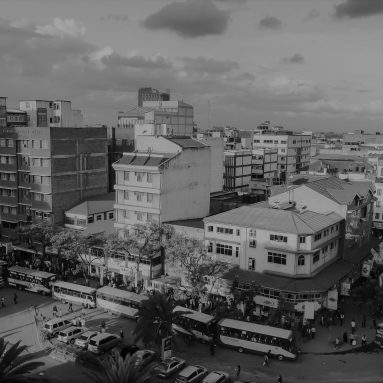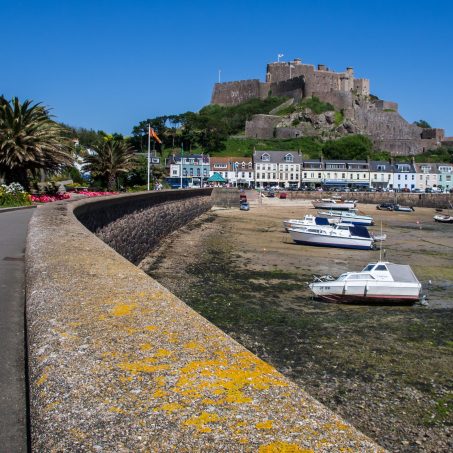Overview
Kenya has seen major international corruption cases in recent years, with names including the Goldenberg, Anglo Leasing and Chickengate scandals becoming talking points across Kenya, only some of which have seen substantial progress towards resolution. Outside of these well-known examples, domestic institutions have been increasingly engaged in investigating and prosecuting public officials accused of corruption and have been engaged in recovering funds stolen by them.
In recent years, the Kenyan government has engaged in domestic and cross-border asset freezing, confiscation, and return of the proceeds of corruption. Corruption, nevertheless, remains pervasive in the country. In 2021, the former President Uhuru Kenyatta was quoted as saying that Kenya loses KSh 2 billion per day through corruption.
Whereas this was widely perceived as an admission of the failure in his administration’s efforts to stem the tide of corruption, the acknowledgement of the sheer magnitude of the challenge is the first step in addressing the issue. Previously, in 2016, the former Ethics and Anti-Corruption Commission (EACC) Chairman Philip Kinisu announced that about KSh 600 billion was lost to corruption every year.
Asset recovery in Kenya
Domestic recoveries
Domestic asset recovery cases have been the priority for Kenya in recent years. Between the three responsible agencies – the Ethics and Anti-Corruption Commission (EACC), Assets Recovery Agency, and Office of the Director of Public Prosecution, substantial amounts of assets resulting from corruption have been investigated, prosecuted and recovered.
Asset recovery domestically takes place through:
- the Proceeds of Crime and Anti-Money Laundering Act (POCAMLA), 2009, which allows both conviction-based and non-conviction-based asset recovery. This legislation is enforced primarily by the Assets Recovery Agency.
- Ethics and Anti-Corruption Commission (EACC) Act, 2011, which established the EACC pursuant to Article 79 of the Constitution. Section 11(1) (j) empowers the EACC to institute and conduct proceedings in court for the purposes of the recovery or protection of public property, or for the freeze or confiscation of the proceeds of corruption or related to corruption, or the payment of compensation, or other punitive and disciplinary measures.
- Anti-Corruption and Economic Crimes (ACECA), Act 2003. Part VI of this law addresses Compensation and Recovery of Improper Benefits, with Section 51 holding persons engaged in corruption or economic crime liable to compensate anyone who suffers a loss as a result. In addition, Section 55 sets the foundation for civil forfeiture of unexplained assets, and Section 56 provides for preservation orders.
Statistics released by the EACC indicate that it recovers in the region of 6-9 billion KSh annually (USD 45 – 70 million) from the proceeds of corruption. This is in addition to that recovered by the other two responsible agencies: the Assets Recovery Agency and Office of the Director of Public Prosecutions.
International recoveries
International recoveries have also taken place. In 2018, the Framework for the Return of Assets from Corruption and Crime in Kenya (FRACCK) was set up between Kenya, Jersey, Switzerland and the UK, to facilitate the confiscation and recovery of assets acquired through corruption and crime in Kenya and subsequently hidden in those countries.
In 2022, Jersey returned GBP 3 million to Kenya under the FRAACK following the 2016 conviction of Windward Trading Ltd for money laundering. The money has been allocated for Kenya’s COVID-19 response and is being distributed by Crown Agents and Amref Health Africa. 90% of the funds will be allocated to the procurement of medical equipment under Crown Agents, and 10% of the funds is earmarked for a community-based project under Amref Health Africa to stregthen healthcare worker capacity and home-based care.
International institutional engagement
Kenya is a member of Eastern and Southern Africa Anti-Money Laundering Group (ESAAMLG), a regional body implementing the FATF Forty Recommendations. The latest FATF report was published in 2023.
Kenya is a member to Asset Recovery Inter-Agency Network for Eastern Africa (ARIN-EA). This is an informal network which aims to exchange information on individuals, assets and companies, both at the regional and international level.
Our work in Kenya
Since 2018 CiFAR has engaged with civil society in Kenya, establishing a presence in 2020 and registering as a Kenyan organisation in 2023. Our work in Kenya focusses on:
- building political momentum for asset recovery and for related reforms;
- participation of the public and non-state actors;
- strengthening laws, policies and institutions;
- ensuring transparency and accountability; and
- compliance with global commitments.
Three strategic areas and objectives drive our work in Kenya:
- Strategic Area 1: The politics of asset recovery, seeks to ensure that asset recovery is kept high on the political agenda in Kenya in the coming period through engaging with politicians and the public on the importance of asset recovery. It also includes leveraging momentum in the broader East Africa region, and specifically engaging with ongoing returns.
- Strategic Area 2: Strengthened asset recovery frameworks and accountability, aims to improve the legislative and policy environments for asset recovery. This includes through working on bolstering the roles of Kenyan asset recovery institutions, increasing transparency on cases, and ensuring there is greater accountability for public officials. It also includes considering the legal framework and potential areas for reform that could improve how Kenya responds to large scale corruption.
- Strategic Area 3: Strengthened civil actors in asset recovery, aims to strengthen the capacities of Kenyan CSOs and journalists to work on asset recovery. This includes through providing topical and strategic support to CSOs, as well as developing training and mentoring programmes for investigative journalists.
Read our Kenya Strategy 2022 – 2024 here.
Current projects
Improving asset recovery frameworks in Kenya and East and Southern Africa
At the continental and regional level, many developments have been taking place in Africa around asset recovery. Not least of these is the recent development of the Common African Position on Asset Recovery. With this project, we want to build on CiFAR’s previous and current engagement in Kenya and in East and Southern Africa, aiming to increase the efficiency, transparency and accountability of asset recovery in the region.
Investigate East and Southern Africa
Starting in March 2023, we held the fifth instalment of our Investigate programme – East & Southern Africa. Open to English speaking applicants from East & Southern Africa and Europe, we aim with this combination to support journalists from these two regions in developing stories that are more in-depth and more cross-regional than ever before.
Strengthening Collaboration to Combat Kleptocracy
Addressing corruption and kleptocratic practices has grown in importance over the past decade, with jurisdictions across the globe introducing new legislative and policy tools designed to strengthen their response to the inflows of corrupt wealth. With this project, we aim to build on these achievements through: supporting strong cross-country and cross-continental partnerships between civil society engaged in combatting kleptocracy.
How is illicit finance affecting the housing market in cities, what can cities do to challenge illicit financial flows that are affecting their real estate markets and what is the role of real estate agents in this? While these are typically questions thought of in global financial centres, regional hubs are facing similar challenges with real estate and illicit finance. This project looks at six of these hubs across Brazil, Kenya and Indonesia.
Further reading
Reports
This pilot assessment provide a first round of analysis of the implementation of the Common African Position on Asset Recovery in Kenya, assessing commitments across the four CAPAR pillars.
A Framework for the Distribution of Recovered Assets to Communities in Kenya
This policy brief analyses the current framework in Kenya to distribute recovered assets upon their confiscation and forfeiture and conducts an initial exploration of an approach to return recovered property and funds in a way that benefits affected communities.
This report scrutinizes Kenya’s asset management landscape, focusing on the legal and institutional structures in place. Leveraging insights from our previous research, the analysis identifies persistent challenges in asset management across a) the freezing / seizure, and b) the final confiscation/disposal stages of asset recovery.
The Social Reuse of Recovered Assets in Kenya
This report looks at the growing practice of social reuse as a facet of the management and disposition of recovered assets. It considers how social reuse has been and could be further utilised as a concept in Kenya as a way to build community empowerment while fighting corruption.
Alternative Dispute Resolution & Asset Recovery in Kenya
This report looks at how and when ADR has been used as a tool for asset recovery in Kenya. As a country at the forefront of using alternative methods to address anti-corruption cases, it considers the opportunities and challenges using ADR in addressing corruption presents, and what lessons can be drawn for other jurisdictions.
Citizen Guide to Asset Recovery in Kenya
This user-friendly and informative guide aims to empower citizens, private sector actors, and civil society organizations to have the knowledge and tools to effectively understand and engage with the asset recovery process in Kenya.
This research paper seeks to provide an overview of the current state of play in Kenyan context and recommendations to enhance the progress made.
Sanctions As a Tool For Asset Recovery: Kenya
This research study assesses the current state of play in the use of sanctions as an asset recovery tool, examining their application in Kenya, and their prospects for addressing grand corruption.
Blogs
Why Kenya Needs a National Asset Recovery Policy
The National Treasury and Economic Planning recently invited public comments and inputs on the draft Public Financial Management (Public Prosecutions Fund) Regulations, 2024, with the submission period closing on 22nd October 2024. The draft regulations propose the creation of a fund to support Kenya’s criminal justice system, including asset tracing, confiscation, and recovery, while facilitating collaboration with other government agencies. While the intent to strengthen prosecutions and recover proceeds of crime is commendable, this approach risks causing legal overlaps and conflicts with existing frameworks.
Maximizing the Value and Impact of Recovered Assets Through Streamlined End-Use
Last month, the Kenyan Ethics and Anti-Corruption Commission (EACC) handed over proceeds from corruption recoveries, including 511.4 million shillings (USD 3.96 million) in cash and 35 title deeds for 18.71 acres valued at 5.5 billion shillings (USD 42.7 billion). This action highlights the agency’s focus on asset recovery as part of its anti-corruption efforts. These assets, particularly land, have been repurposed for social use in several instances, demonstrating progress in social reuse. However, important questions arise regarding the use of recovered funds, their oversight, and the beneficiaries.
Shining a Light on the Recovery of Stolen Assets in Kenya: CiFAR Launches Two New Reports
Over the past twenty years, Kenya has seen a number of financial crime- and corruption-related scandals involving large sums of money. The recovery of stolen assets plays a vital role in the fight against corruption, ensuring that stolen funds are returned to their rightful owners and reinforcing transparency and accountability within the nation.
The Jersey Return: Public Participation and Transparency Lessons
The announcement of the Jersey return of GBP 3 million – the latest cross border return to Kenya – was welcomed with pomp and gladness by Kenyans in general, because these had been a long coming return! The signing and announcement of Agreement for the recovery, transfer, repatriation, disposition and management of recovered asset was completed on the 28th of March 2022.

